We are sending some extra love your way with this robust roundup of dialogue and deliberation goodness! Check out the webinars being offered over the next week, let us know in the comment section below which ones you joined and if you have some exciting takeaways- we’d love to hear how people are connecting with these D&D practices! Below are events from NCDD member orgs Living Room Conversations, National Issues Forums Institute, and from the International Associate for Public Participation, Zehr Institute and Global Partnership for the Prevention of Armed Conflict (GPPAC).
Do you have a webinar or other event coming up that you’d like to share with the NCDD network? Please let us know in the comments section below or by emailing me at keiva[at]ncdd[dot]org, because we’d love to add it to the list!
Living Room Conversations: Special Opportunity – Ongoing All-Women’s Cohort

We are a group of 5 women from around the country who meet online every month to have Living Room Conversations. We have 4 women who call ourselves “liberal” (whatever we mean by that). One of our two “conservative” women had to drop out for personal reasons even though she enjoyed our group. A really nice group. We’re looking for one more “conservative” woman. Learn more about Living Room Conversations at https://www.livingroomconversations.org/. If you think you might be interested, contact Cobie deLespinasse, cdeles@peak.org.
Living Room Conversations webinar – Men: Victims, Perpetrators and Allies

Friday, February 15th
10:30am Pacific, 1:30 pm Eastern
Join us for a free online (using Zoom) Living Room Conversation on the topic of Men: Victims, Perpetrators and Allies. Please see the conversation guide for this topic. Some of the questions explored include:
- In response to the “#MeToo” movement, what are your initial thoughts about personal experiences you have had (including your own actions or conduct), situations you have witnessed, and/or the recent public disclosures?
- Role as a Man — What do you consider your role to be? What has informed your perception of your role (e.g., society, family, religion, education, etc.).
REGISTER: www.livingroomconversations.org/event/online-living-room-conversation-men-victims-perpetrators-and-allies/
National Issues Forums Institute – February CGA Forum Series: Coming To America: Who Should We Welcome? What Should We Do?
 Saturday, February 16th
Saturday, February 16th
2-4 pm Pacific, 5-7 pm Eastern
Please join us for a Common Ground for Action (CGA) online deliberative forum on Coming to America: Who Should We Welcome? What Should We Do? If you’ve never participated in a CGA forum, please watch the “How To Participate” video before joining. You can find the video link here: https://vimeo.com/99290801
If you haven’t had a chance to review the issue guide, you can find a downloadable PDF copy at the NIF website.: https://www.nifi.org/es/issue-guide/coming-america
If you’d like to watch the starter video before registering, you can view it here: https://vimeo.com/ondemand/comingtoamerica/256884446
REGISTER: www.nifi.org/en/events/february-cga-forum-series-coming-america-who-should-we-welcome-what-should-we-do
Living Room Conversations webinar – Social Equity

Wednesday, February 19th
4 pm Pacific, 7 pm Eastern
Join us for a free online (using Zoom) Living Room Conversation on the topic of Status & Privilege. Please see the conversation guide for this topic. Some of the questions explored include:
- What does the concept of “social equity” mean to you?
- Are there “social equity” concerns in your community? If so, what are they? If not, should there be?
- Is the idea of social equity on your top 10 list of concerns? Why or why not?
REGISTER: www.livingroomconversations.org/event/online-living-room-conversation-social-equity/
Zehr Institute for Restorative Justice webinar – RJ work in Korea and NE Asia – a case study in implementation, innovation and adaptation
 Wednesday, February 20th
Wednesday, February 20th
1:30pm – 3pm Pacific, 4:30pm – 6pm Eastern
Guest: Hannah Kim, Jae Young Lee
Host: Howard Zehr
What does restorative justice look like in a context such as South Korea and Northeast Asia? How was it introduced and spread, and what can we learn from these initiatives? Growing interest in RJ has been emerging in South Korea among scholars, law practitioners, and civil society group since as early as the late 1990s. The practice of RJ, however, didn’t begin until late 2000s after the Seoul Juvenile Court established a victim-offender reconciliation program.
On the other hand, RJ approaches began to be adapted among school teachers as alternative measures to school discipline after corporal punishment was officially banned in all schools in 2011. Restorative Discipline (RD) trainings were widely spread and number of teachers implementing RD in their classes was gradually growing during 2012-2015. Since 2015 RD has increasingly been adopted by Provincial Offices of Education as an official approach to school discipline. Recently, the interest in RJ has also spread beyond the legal system and the school to hospitals, companies, and even apartment resident communities. Over the past 3 years, Korea Peacebuilding Institute conducted more than 1500 lectures and workshops on RJ annually. In addition, Northeast Asia Regional Peacebuilding Institute (NARPI) has offered a RJ course every year since 2011. NARPI has been a platform for people in the region to learn about the concept and practice of RJ. And also, how to apply RJ in historical conflict in Northeast Asia is another area NARPI aims to initiate, including the conflict between the North and South Koreas.
Jae Young Lee and Hannah Kim, who have been part of these initiatives, will provide an overview of developments as well as reflections that will be useful to those implementing restorative in other parts of the world.
REGISTER: http://zehr-institute.org/webinars/rj-in-korea-and-NE%20asia.html
Global Partnership for the Prevention of Armed Conflict (GPPAC) webinar – Peace Education: School mediation in multiethnic communities in Serbia
 Wednesday, February 20th
Wednesday, February 20th
6 am Pacific, 9 am Eastern
In this webinar, peace education expert Tatjana Popovic will talk about the benefits and challenges of implementing School mediation in multi-ethnic communities in Serbia. Examples will be presented from schools on how school mediation became mechanism for prevention of violence among peers
REGISTER: https://www.gppac.net/peace-education-webinar-series?fbclid=IwAR371vw1Gxi_tpRI3NZsCMRgbf7Rd_IlD1keNf2KuT30iUwHzMDCiw6t154
Living Room Conversations webinar – Status & Privilege

Thursday, February 21st
1:30 pm Pacific, 4:30 pm Eastern
Join us for a free online (using Zoom) Living Room Conversation on the topic of Status & Privilege. Please see the conversation guide for this topic. Some of the questions explored include:
- Where did you learn about your personal values and develop self esteem?
- How has money or “keeping up with the Jones’s” played a role in defining you?
- Where did you learn about the relationship between individuals and community?
REGISTER: www.livingroomconversations.org/event/online-living-room-conversation-the-search-for-purpose/
IAP2 Taster Series: Reconciliation & Public Participation
 Thursday, February 21st
Thursday, February 21st
11 am Pacific, 2 pm Eastern
Reconciliation between Indigenous and all Canadians is a frequent topic in news headlines, political speeches, and communities across the country. Through their 94 Calls to Action, the Truth and Reconciliation Commission offered a roadmap to Canadians on the way forward to a more inclusive, productive, and engaged society. So where do public participation professionals and the practice of P2 fit in this reconciliation journey? Join Indigenous Engagement specialists Teneya Gwin and Anne Harding to explore the intersection between reconciliation and public participation and advance your own reconciliation journey in the process.
REGISTER: https://iap2usa.org/event-3102052


 You are invited to attend a convening of organizations engaged in improving civility within our world. This important session is intended to open conversations around our various goals, and how we can leverage the strengths of each, while remaining independent.
You are invited to attend a convening of organizations engaged in improving civility within our world. This important session is intended to open conversations around our various goals, and how we can leverage the strengths of each, while remaining independent.


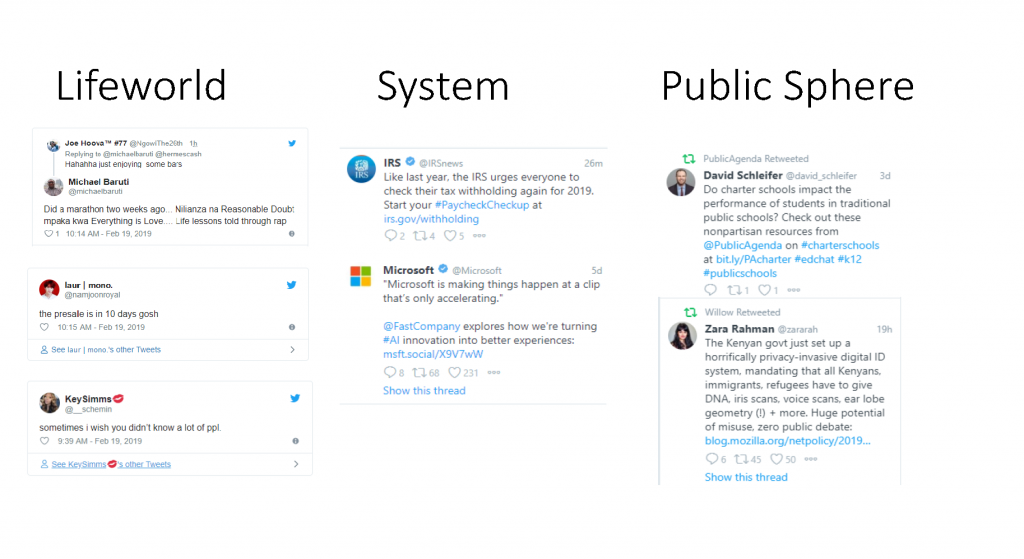
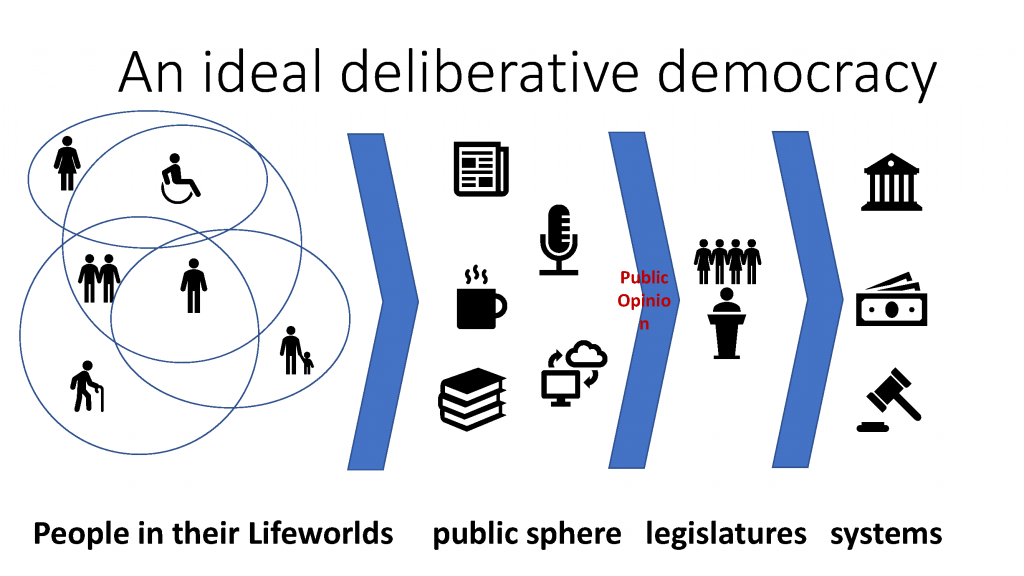
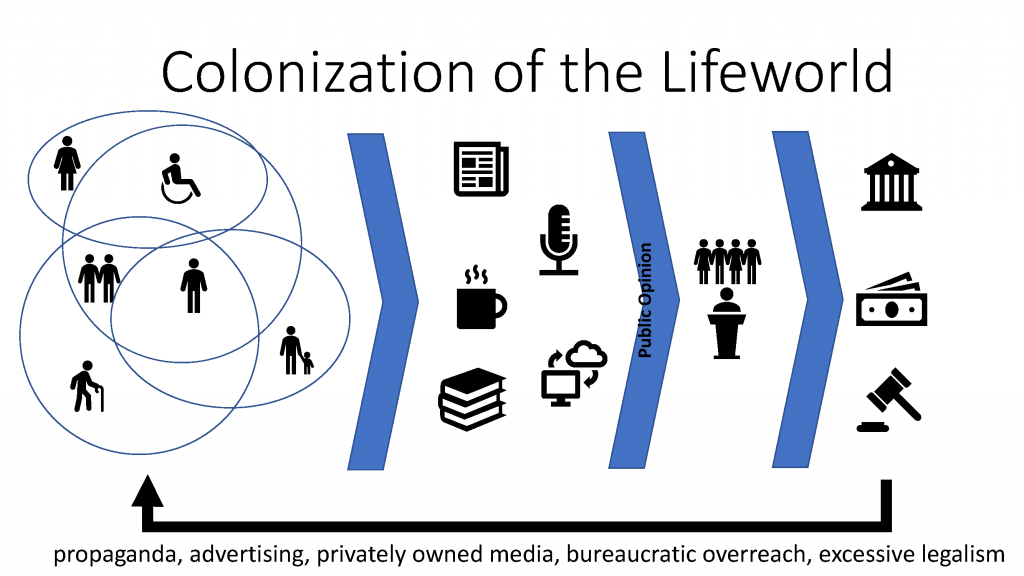
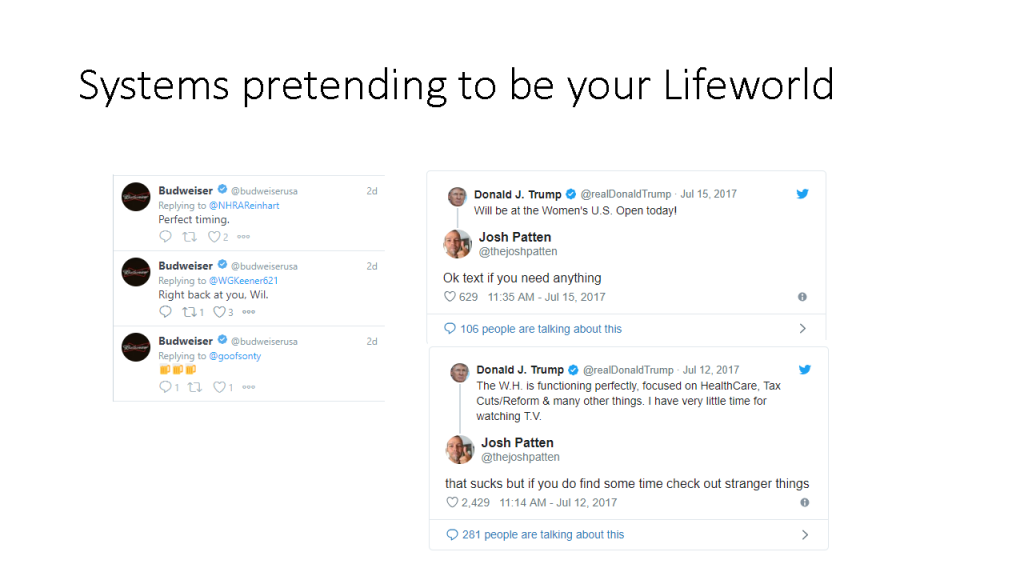

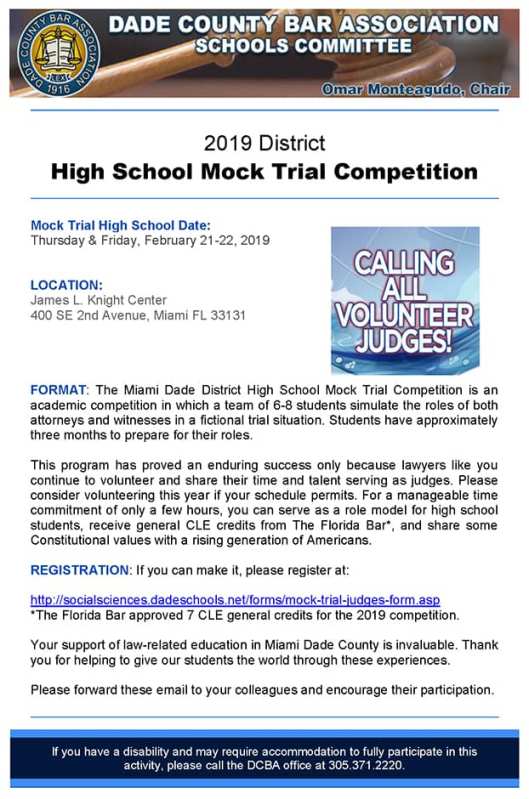

 Saturday, February 16th
Saturday, February 16th Wednesday, February 20th
Wednesday, February 20th Wednesday, February 20th
Wednesday, February 20th Thursday, February 21st
Thursday, February 21st